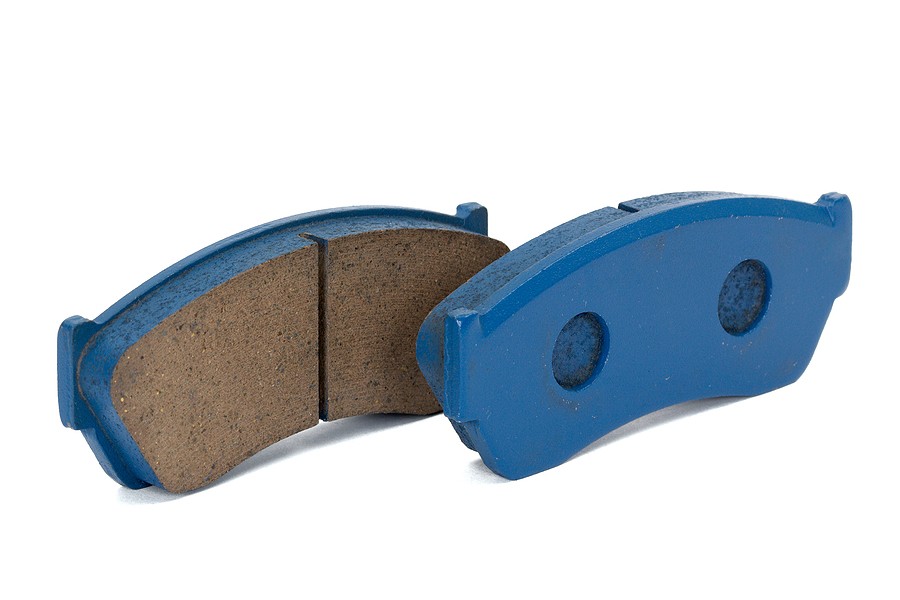The five most common types of brake pads include:
- Ceramic brake pads
- Low metallic brake pads
- Non-metallic brake pads
- Non-asbestos organic brake pads
- Semi-metallic brake pads
The braking system is one of the most critical systems in your vehicle. It contains lots of interacting components, and learning one or two things about these components helps you maintain them and extend their lifetime.
Among the different components within your braking system, the brake pads are one of the most critical ones. But, did you know that brake pads are not all the same?! Yes! You might be familiar with the ones you have on your vehicle, but did you know that there are tons more that you might benefit from and achieve better braking system performance?
In this article, we will walk you through the five most common types of brake pads. You must go through all these types and understand the main pros and cons to help you determine which brake types you should upgrade to and which would provide you with the best performance.
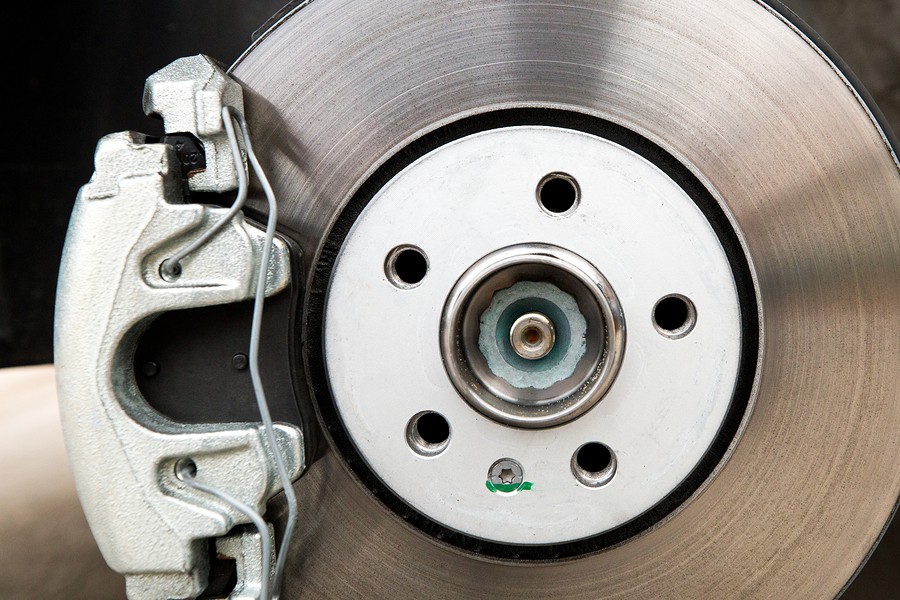
Five types of brake pads
You'll come across different brake pads in the world of brake pads. Our team conducted an in-depth review of all Available brake pads to help you better understand which one of these brake pads works best for your vehicle.
The following list provides you with a detailed summary of the five most common types of brake pads, along with some details about the main characteristic of each one of them:
1. Ceramic brake pads
This type of brake pad is considered the top and highest quality. It provides you with the best heat absorbing and the incredible braking system performance that you might not find any brake pad on this list.
One of the best features of all these brake pads is that they work very well despite the pressure you put on a brake pad. In other words, you don't have to press very hard on the brake pedal to stop or slow down your vehicle.
Here are some of the main advantages of ceramic brake pads:
- They don't make a lot of noise
- They don't wear out fast
- They don't create lots of dust
Despite the great features you watch from purchasing ceramic brake pads, there is a big drawback that you should keep in mind. Typically, the biggest issue about these brake pads is that they are expensive, and not every driver can afford them.
Here are some of the biggest disadvantages of ceramic brake pads:
- Very expensive, and not everybody can afford
2. Low metallic brake pads
If you're interested in brake pads that provide the best heat transfer, you should consider these. They are incredibly great in hot conditions because they are made up of 30% metal, including steel and copper.
Here are the biggest advantages of low metallic brake pads:
- Not as expensive as the ceramic brake pads
- Great for heat transfer
- Provide you with one of the best braking performances
When it comes to the drawbacks, here's what you might not like about the low metallic brake pads:
- They are a little bit noisy
- They might create some dust
3. Non-metallic brake pads
Unfortunately, non-metallic brake pads are not the best in terms of quality and performance. However, they are still considered more affordable than the other types of brake pads here
Unfortunately, there are tons of reported advantages of driving vehicles equipped with non-metallic brake pads, including:
- Very soft and might not provide the best performance
- They were out quickly
- Create some dust
- Not the best for driving long distances
The only advantage of switching to the non-metallic brake pads is price because they're not very expensive carrot
4. Non-asbestos organic brake pads
These are other examples of soft brake pads that are not made of metal components which means they don't provide the best performance and might wear out pretty quickly. However, there are still some advantages to keep in mind and a couple of drawbacks before switching to this brake pad.
Here are some of the biggest advantages of these brake pads:
- You don't make a lot of noise
- They provide relatively high quality considering the high-quality material they're made of
Regarding the drawbacks, keep an eye for the following:
- They're not the best when it comes to performance, considering their soft material
- They might we're out quickly as compared to other metallic brake pads
- They might create a lot of dust
5. Semi-metallic brake pads
The last type of brake pad you might encounter in the automotive market is a non-metallic brake pad. As the name suggests, these brake pads are made of a combination of both metallic and non-metallic will components like synthetic components.
According to experts, these types of brake pads are the most selling nowadays, and they provide you with somewhere between advantages between metallic and non-metallic brake pads.
- Here are the biggest advantages of switching to this is my metallic brake pads:
- They're considered very durably
- They provide you with one of the best heat transfer capabilities
- You can use them in most vehicles
Although you can get many advantages from switching to some italic brake pads, there are some drawbacks that you should be aware of before making any final purchase decision. Let's look below:
- These brake pads might be very noisy
- If you're driving at low temperatures, they might not be the best
- They might cause some premature damage to your rotor
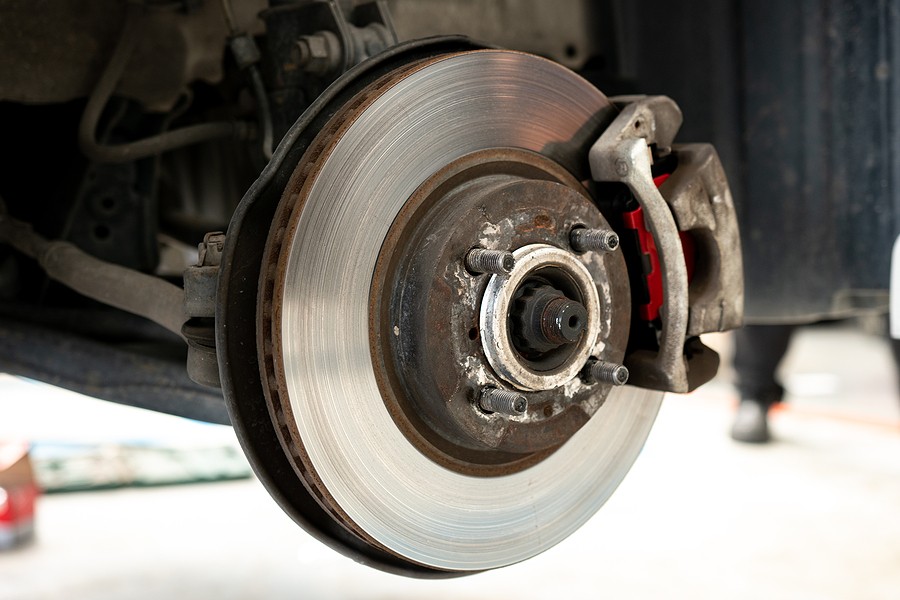
Which Brake pads should I choose for my car?
As you might notice, not every brake bad is the same end depending on the type of brake pads; you'll achieve different braking qualities. Therefore, you must understand which record you should choose for your vehicle to avoid complications and ensure that your vehicle is properly functioning.
Automotive experts list recommendations for which brake pads you should choose depending on your vehicle side. Let's take a closer look below:
1. Light, compact cars
If you're driving a very light compact car, you don't expect to need high-quality brakes because it might not be a great investment. In other words, the higher quality, very expensive brake pads provide more power than you need.
According to experts, you might want to go with the organic brake pads and drive your vehicle fine without any issues. These records should provide the required performance to slow down your vehicle and stop it when necessary, without any problems.
Obviously, despite the type of record you choose, you must keep up with your vehicle's brake pad condition because once it breaks down or wears out, things get complicated, and you might get tough on where you can't stop or slow down your car.
2. Midsize cars
On the other hand, if you're driving a little bit heavier vehicle like a mid-sized car, you might want to start looking at higher-quality brake pads. For instance, some experts recommend relying on low metallic and old brake pads. These are great because they provide you with whatever you need regarding braking power.
Yes, these brake pads might be a little bit noisy, but if you're OK with these noises, it shouldn't be a problem because if you're getting the performance you want and as long as you're not breaking a budget, that's all that you're hoping for.
3. Sports cars
If you're a sports enthusiast and would like to go at higher speeds ranging from zero to 60 mph, that's when you should start thinking about higher-quality brake pads.
Most experts recommend investigating semi-metallic brake pads because they're great for slowing down and stopping your sports car when needed without any problems.
Although it might sound that sports cars driver might need more powerful brake pads, that's not always the case, and as long as you can achieve the average required braking power, you should be fine with the semi-metallic brake pads.
4. Trucks and SUV
Once you get to the last category, driving bigger cars like SUVs or trucks, you want to take things seriously and look into the higher-quality brake pads like those metallic ones.
At this point, your vehicle is very heavy and might require more power than you use for a small compact car. Also, going with very soft brake pads at this point may not be in your favor because it could get to a point where we can't slow down your car or stop it when necessary, especially in emergencies.
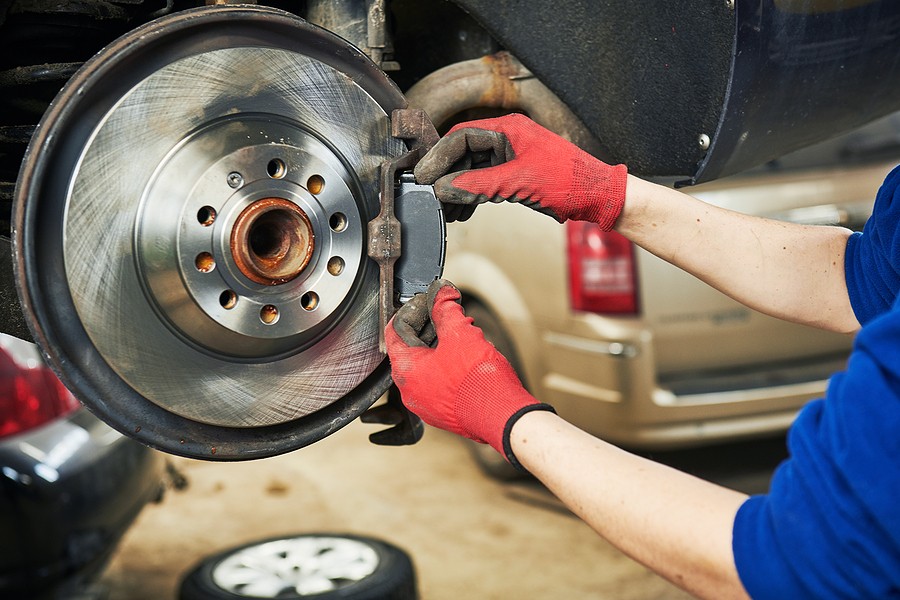
What are the different types of brakes?
Now you have a good understanding of the different types of brake pads, but did you know that there are also different braking systems?!
Let's see who looks at the most common types of brakes:
- Electric brakes
- Emergency brakes
- Hydraulic brakes
- Mechanical brakes
- Parking brakes
- Power brakes
How much do brake pads cost?
Depending on the time of brake pads, costs will differ significantly. Cost also differs depending on where you get the job done. For example, if you replace your brake pads, you don't have to worry about labor costs. However, if you decide to go to a dealership, labor cost becomes a significant component that you should be aware of.
Typically, for parts, you should expect to pay somewhere between $35 and $150. On the other hand, labor might cost you somewhere between $80.00 and $120.
In general, a complete job of replacing your brake pads should cost you somewhere between $115.00 and $300.00 per axle only.
Depending on how many rapists you want to place simultaneously, you must do the math properly. For example, typically, automotive experts recommend replacing all brake pads at once because they will most likely wear out simultaneously.
When it comes to labor costs, you mustn't risk the situation and replace your brake pads yourself if you don't have the right experience. Remember that you're dealing with one of your vehicle's very sensitive systems, which is your braking system, and any state can lead to catastrophic outcomes. This is because most DIYs do not work the first time. If you think of any simple problem in your braking system, it means significant challenges in slowing your vehicle down or stopping it in emergency situations.
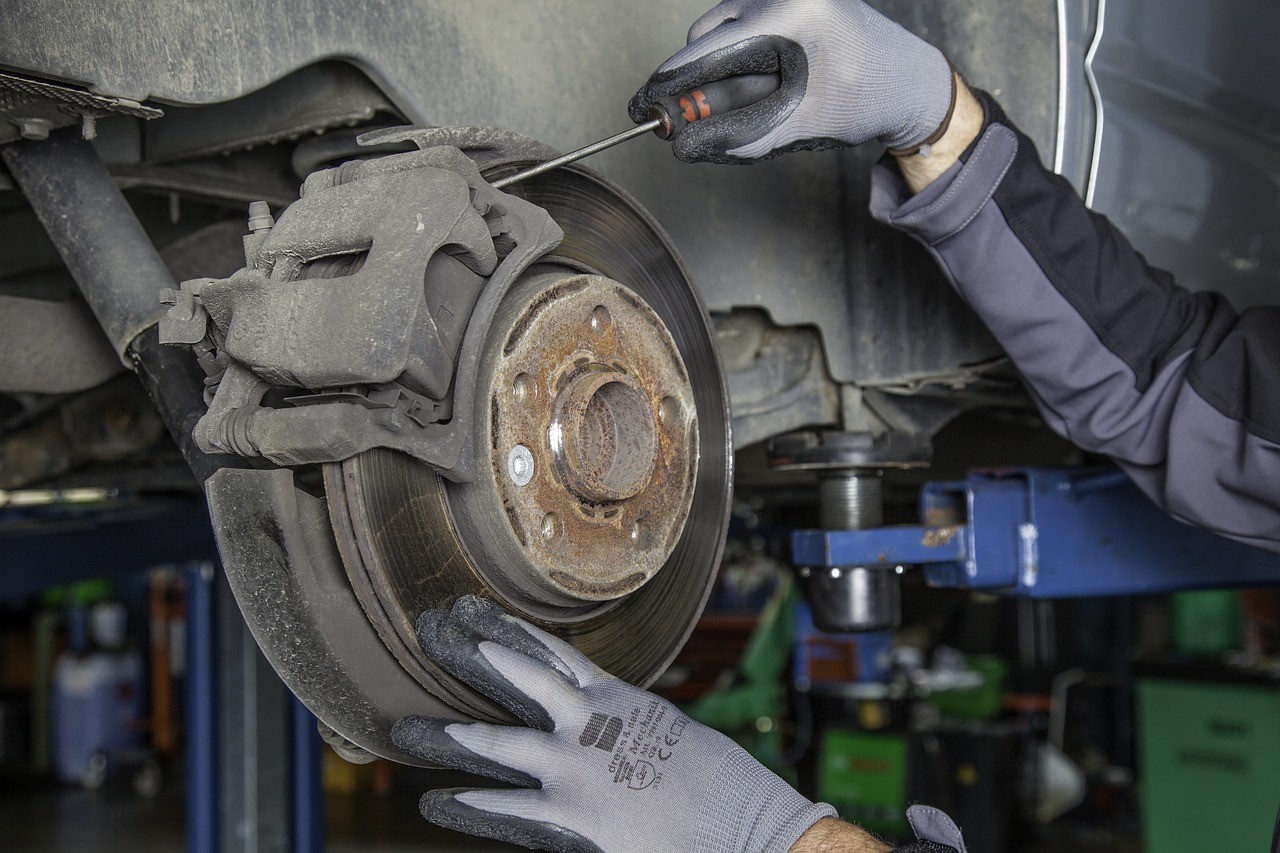
Final thoughts
Learning a couple of things about your braking system is extremely helpful because it allows you to identify more durable components that provide you with the best quality. Once you have the best quality in your braking system, you can drive safely and avoid getting involved in risky situations.
This article focused on providing you with detailed information about the five most common types of brake pads. These types include ceramic brake pads, low metallic brake pads, non-metallic brake pads, non-asbestos brake pads, and semi-metallic brake pads.
Before switching to any of these brake pads, you must consult your mechanic and ensure that your vehicle is compatible with these brake pads. Sometimes investing in high-quality brake pads might not be the best decision if your vehicle has major problems.
Therefore, if you're planning to sell your car and invest in another vehicle that has many capabilities and is compatible with higher-quality brake pads, it's always great to check with Cash Cars Buyer!
Cash Cars Buyer is one of the top-rated car removal companies in the nation that guarantees to pay you the top dollars and provide you with free towing despite your living location around the United States.
Our process is very straightforward and doesn't take more than a couple of days to get your car removed safely and for the most money.
All it takes you is to:
- Describe your car's type and condition
- Receive our instant free quote
- Accept the quote
- Get your car removed and receive your cash payment on the spot!
To learn more about our process and our team, you can reach out to us by calling us at (866) 924-4608 or by visiting our home page click on the free instant online offer.

